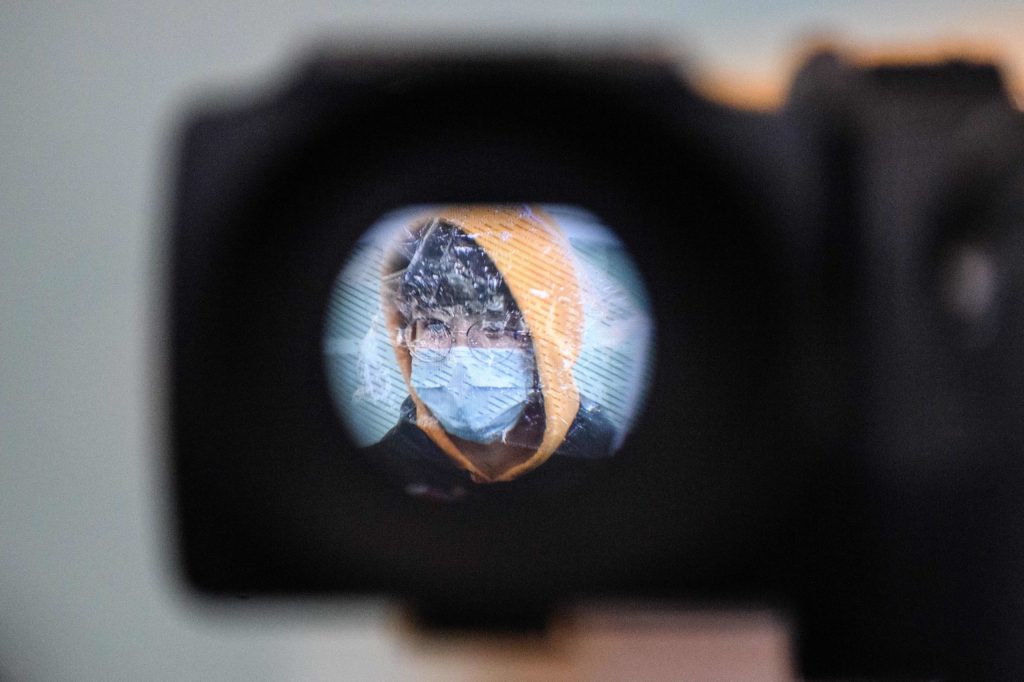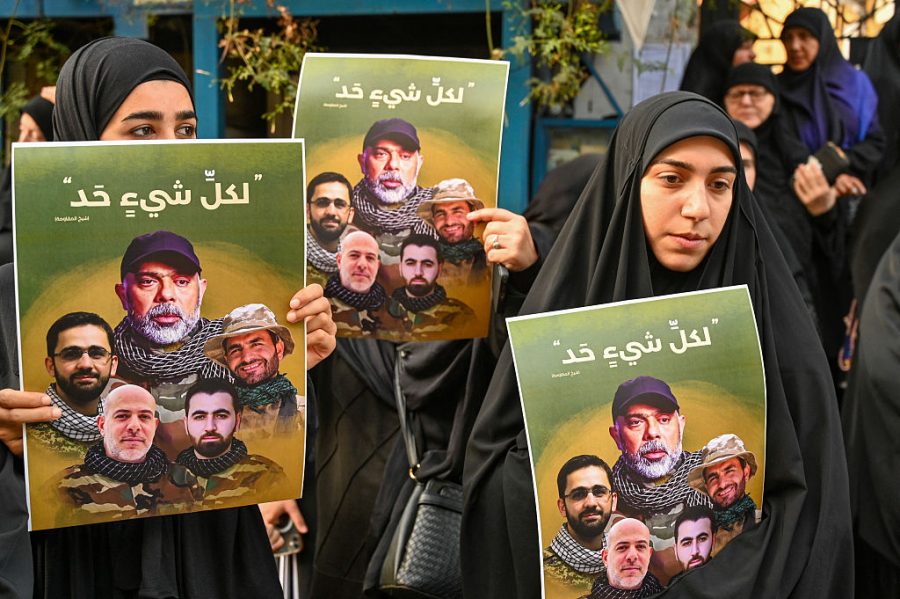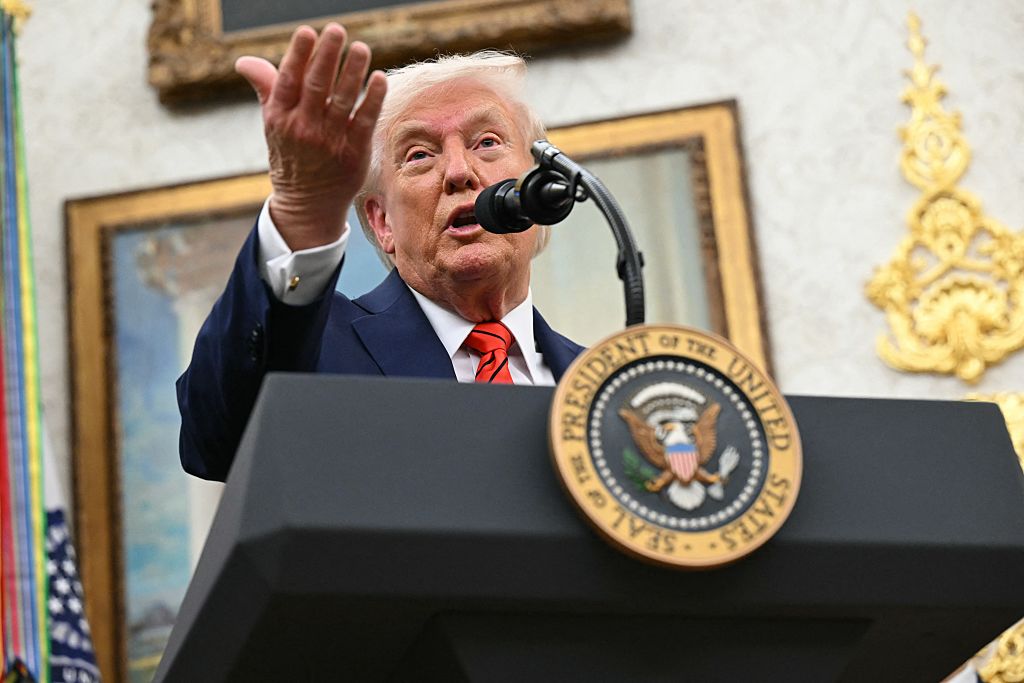Wars reshape states. The powers and size of governments grow. Economic activity is controlled or subsidized. Liberties are curtailed. Identity cards, rationing, censorship: the rights of the individual and freedom of speech are subjugated to a national effort to win the war. Lifestyles change, and so do societies.
The struggle against COVID, if not exactly a war, is beginning to have a similar impact on our economy and society. Not since 1939 has government action transformed societies to the extent we have seen in the last six months. Swathes of the economy have been shuttered, while states have propped up businesses and paid millions of workers’ salaries. A third of the workforce — 45 million people — in Germany, France, Britain, Italy and Spain have been on employment subsidy programs. Meanwhile, our way of life has changed fast. Digital technology was transforming our lives before COVID struck. But now millions have seen that working from home, paying without cash and shopping online is eminently doable, if not always desirable.
The ‘war’, however, is far from over. A vaccine may not be found for years. If it comes, it may not be a silver bullet. Meanwhile, the talk is of a second wave or spike. Countries across Europe are now beginning to tighten, not relax, controls. The lingering fear is that a second lockdown, even partial, could deal another body blow to the world’s economies. The US economy suffered the largest contraction in post-war history in the second quarter of this year. Germany’s GDP shrank at the fastest rate in 50 years. The UK is on track for the largest annual fall in GDP since the great frost of 1709. The superlatives cannot keep pace with the impact.
If we wish to limit further economic damage, we need to find ways to live with the virus and manage the risk — certainly for several more quarters. Governments need to think more radically about what other measures might be taken to help the return to a semblance of normality. The role of the state has changed when it comes to economic management: is it now time to look at the role of the state when it comes to the rights of the individual?
One example is the use of personal mobile data to help trace people who might be infected with COVID. Most governments see the protection of individuals’ privacy as sacrosanct. They are putting their faith in apps that people choose to download: users will be notified if they have come into contact with someone who has the virus. The more people download these apps, the more effective they are. One study found that, if 56 percent of people install a tracing app, it might reduce a country’s reproductive rate from three to below one, and therefore reverse a spike in infections.
But downloading has varied considerably. In France, it is 3 percent. Iceland and Singapore have done better, with take-up rates of 38 percent and 25 percent respectively. In the UK, 65 percent of people downloaded a government app when it was trialed on the Isle of Wight. The hope is that a similar number of people will download the new app, which is about to be trialed. But even if that happens, it will only tell the phones’ owners — not health officials — if they have been close to someone with COVID.
Other countries have taken a different approach. Israel’s Knesset has legislated to allow its security service to use mobile data and other sensitive information to track Israelis with the virus and their contacts. The data can only be used if there are over 200 new COVID infections a day, and the legislation needs to be renewed every 21 days. These laws also require the health ministry to launch an app, but once the new app has been downloaded by at least two million Israelis, the security service tracking system ends.
In July alone this process enabled the health authorities to identify 281,000 Israelis who might have been in contact with someone with the virus. Understandably, this approach has been strongly opposed on privacy grounds. The security service itself is reportedly against using its technology, which was designed to counter-terrorism, to tackle the virus — especially as, at first, numerous people were sent inaccurate alerts. Moreover, Israel has seen a resurgence in the virus — proof that technology alone cannot keep a lid on COVID’s spread.
South Korea, learning from the experience of previous pandemics, also uses people’s data to track the virus. It is mandatory for Korean mobile operators to log connections between telecoms masts and cell phones, and it is mandatory to make this information available to the authorities.
[special_offer]
South Korean health authorities take this information and combine it with CCTV footage and credit card usage data to track the movements of people with COVID. Texts are then sent to people’s cell phones, warning them that they have been near a confirmed case of the disease. Information about the infected individual’s movements is then made public, with that same footage and data being used to recreate the person’s movements. Such disclosures help publicize the potential risk of infection from a single case — but it has also had a dramatic effect on South Koreans’ behavior.
This is only one aspect of South Korea’s response to the crisis, which has seen — according to one analysis — almost six deaths per million, compared to 452 deaths per million in France, 583 per million in Italy, and 702 per million in the UK. Moreover, while South Korea imposed social distancing measures, it did not have a blanket lockdown. Its economy is forecast to shrink by 0.6 percent this year, compared with 5.5 percent in the US. And in the event of a COVID ‘double hit’, the OECD forecasts the Korean economy would shrink less than the UK, France and Germany.
In any democracy that treasures freedom, there is understandable reticence about giving up civil liberties to the government. How will ministers use their new powers — and what will stop those powers being abused? How will people’s data be protected? And once liberties have been handed over, our privacy eroded, history shows that wartime ‘temporary measures’ tend to become permanent. So the list of concerns is long. But the first question to answer is simple: to win the war against COVID and get the economy going again, is sacrificing some aspects of our privacy a price worth paying?
Baron Bridges of Headley is a former parliamentary secretary for the Cabinet Office and an assistant political secretary to John Major. This article was originally published on The Spectator’s UK website.

























